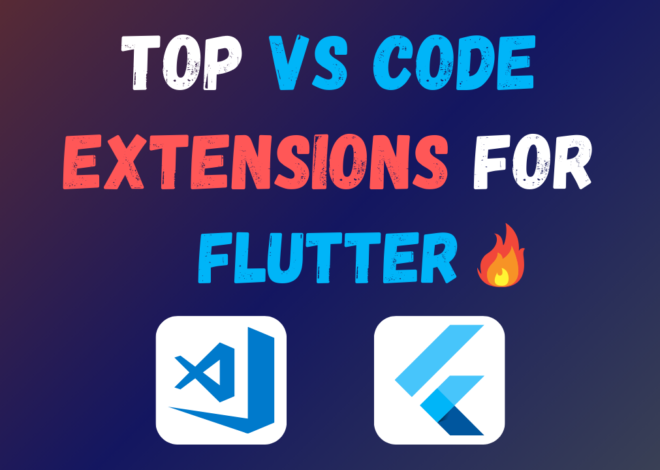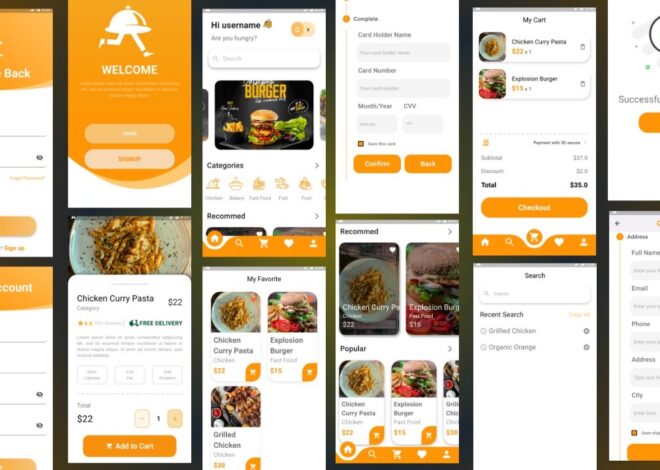
Should You Learn Flutter in 2024? Exploring the Pros and Cons
In the ever-evolving landscape of mobile app development, staying updated with the latest technologies is crucial for developers aiming to excel in their careers. One such technology that has been garnering attention in recent years is Flutter, Google’s open-source UI software development kit. As we step into 2024, the question arises: Is learning Flutter still worth it?
To answer this question, let’s delve into the pros and cons of learning Flutter in 2024.
Pros:
- Cross-Platform Development: Flutter enables developers to build high-quality native interfaces for both iOS and Android platforms using a single codebase. This not only saves time but also reduces the effort required for maintaining separate codebases for different platforms.
- Fast Development: With Flutter’s hot reload feature, developers can see the changes they make to the code almost instantly, making the development process faster and more efficient.
- Rich UI Experience: Flutter offers a rich set of customizable widgets and tools, allowing developers to create visually stunning and engaging user interfaces that are consistent across platforms.
- Growing Community and Ecosystem: The Flutter community is rapidly expanding, with a plethora of resources, packages, and libraries available to support developers. This vibrant ecosystem makes learning and troubleshooting Flutter easier than ever before.
- Job Opportunities: As Flutter continues to gain popularity, the demand for Flutter developers is on the rise. Learning Flutter can open up new career opportunities and increase your market value as a developer.
Cons:
- Learning Curve: While Flutter’s syntax is relatively easy to grasp for those familiar with object-oriented programming languages, such as Java or JavaScript, there is still a learning curve involved, especially for beginners.
- Limited Native Features: While Flutter provides access to a wide range of native device features and APIs, there may be certain niche or platform-specific functionalities that are not readily available in Flutter, requiring developers to find workarounds or write platform-specific code.
- Dependency on Google: As Flutter is developed and maintained by Google, there may be concerns about its long-term sustainability and the extent of Google’s continued support for the framework.
- Market Saturation: With the increasing popularity of Flutter, the market may become saturated with Flutter developers, leading to heightened competition for job opportunities and projects.
Conclusion:
In conclusion, whether or not you should learn Flutter in 2024 depends on your specific goals, interests, and circumstances as a developer. If you are looking to streamline your app development process, enhance your UI design skills, and tap into the growing demand for cross-platform mobile development, learning Flutter could be a valuable investment in your career.
Important Links:
How To Install Flutter SDK On Windows 10/11 – Step By Step Guide
However, it’s essential to weigh the pros and cons carefully and consider factors such as your existing skill set, project requirements, and long-term career aspirations before diving into learning Flutter. Ultimately, staying adaptable and continuously learning new technologies will be key to thriving in the ever-changing landscape of mobile app development.
So, should you learn Flutter in 2024? The answer lies in your hands.


